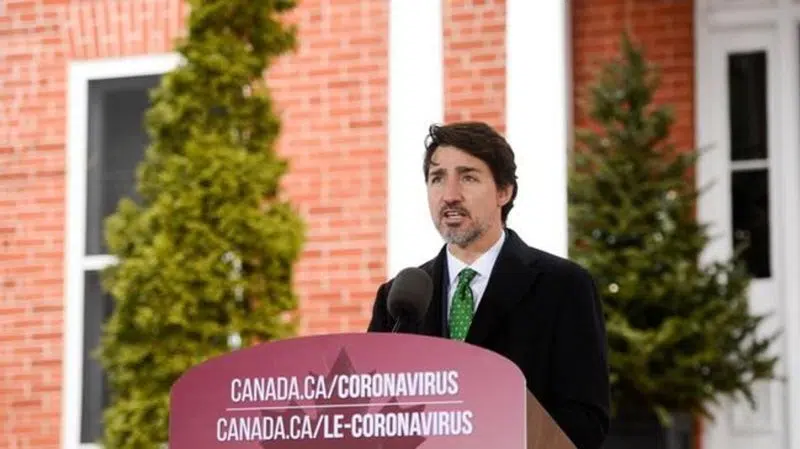
Amid medical-supplies scramble, pandemic highlights new perils to free trade
WASHINGTON — “America First” rhetoric and disdain for free trade are old news in the Donald Trump era, but with countries in a life-or-death scramble to stockpile gowns, gloves, masks and ventilators, protectionism these days isn’t such a dirty word.
Even an ardent free trader like Prime Minister Justin Trudeau let slip an interesting — and vaguely isolationist — turn of phrase Tuesday as he laid out Canada’s efforts to procure scarce personal protective equipment for the country’s health workers.
“We understand that countries around the world are taking their own approaches,” Trudeau said during his daily doorstep briefing. “We will continue to co-ordinate as much as possible, but every step of the way our priority will be ensuring that Canada is able to take care of its own.”
No one would suggest, even in the grips of a life-changing pandemic, that Trudeau’s Liberal government is losing its religion when it comes to globalization. But trade experts agree that free trade, which has already been under siege in the U.S. and elsewhere, could well emerge from the COVID-19 outbreak on life support, if it manages to survive at all.


